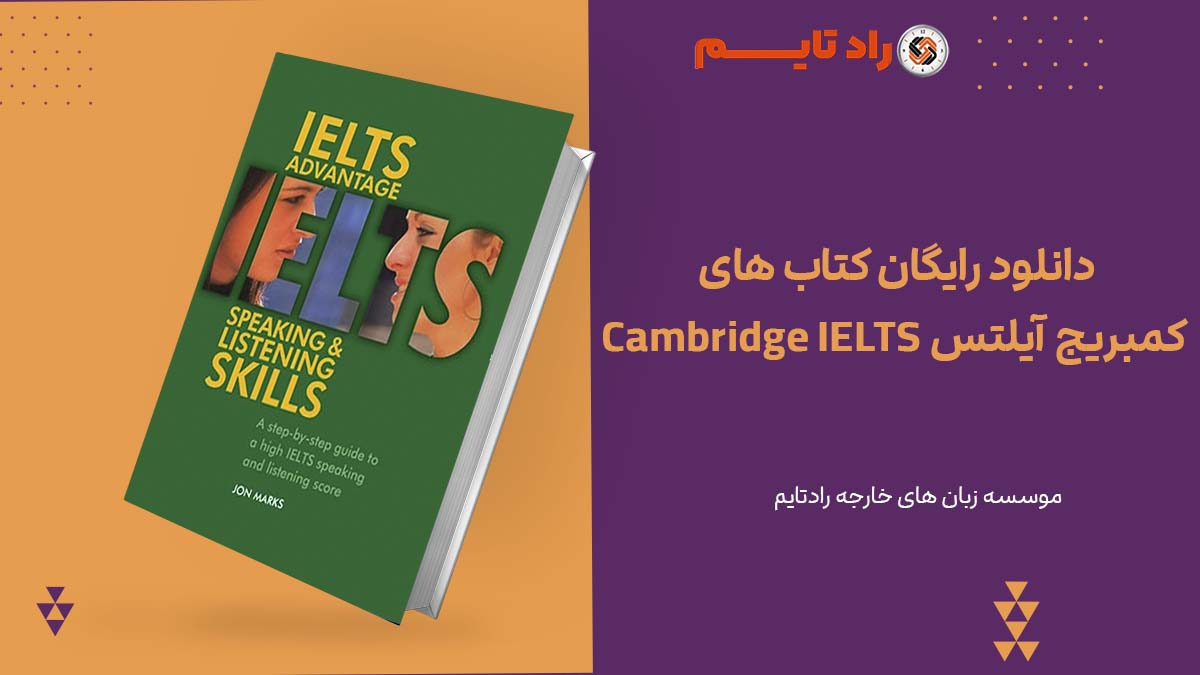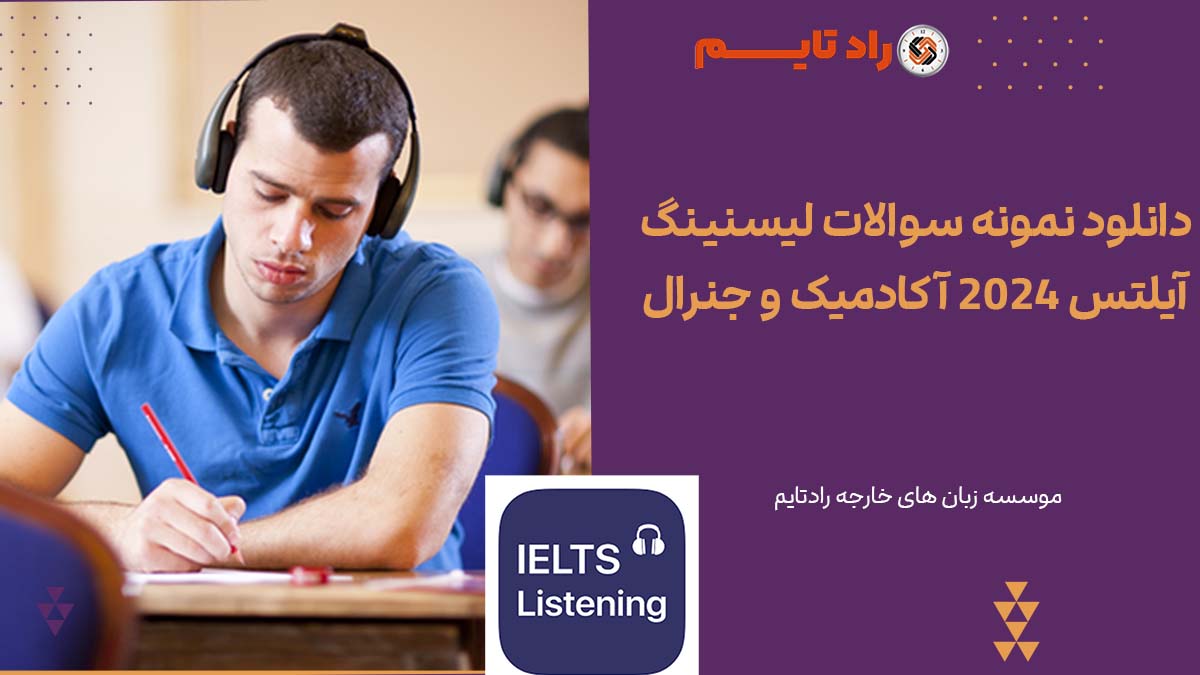املای کلمات در Listening آیلتس چقدر تاثیر دارد؟

The British Council’s LearnEnglish site answers this question clearly and succinctly: ‘Everything must be spelled correctly.’ So, what are the pitfalls? In this blog post we’re going to look at just one scenario
The problem
In the IELTS Listening test, you may have the answer spelled out for you. For example, one of the speakers might spell their name, and you have to copy it down. This can present a number of challenges
1. Some English letters sound similar to each other: m and n, for example, are very similar so you have to listen carefully. Also when pronouncing b and p it might be challenging to tell them apart
2. Some English letters sound like different letters in other languages. For instance, r in British English sounds like A in Persian
Here is an exercise extracted from Objective IELTS: Intermediate. This exercise can be very useful to distinguish the differences in sounds as they are spelled out
Answers
NO.1 JOHANNES GUTENBERG
NO.2 THOMAS EDISON
NO.3 VLADIMIR KOSMA ZWORYKIN
NO.4 WlLLIAM CAXTON
NO.5 PHILO T. FARNSWORTH
NO.6 Q







دیدگاهتان را بنویسید